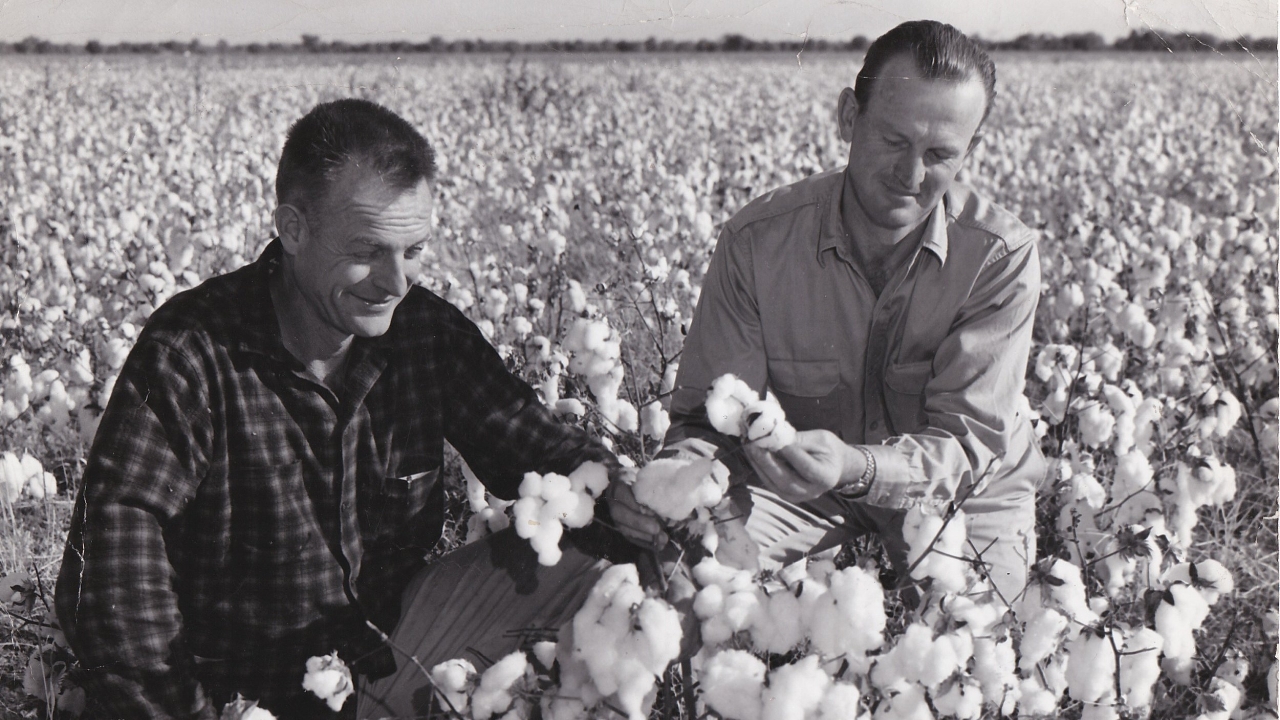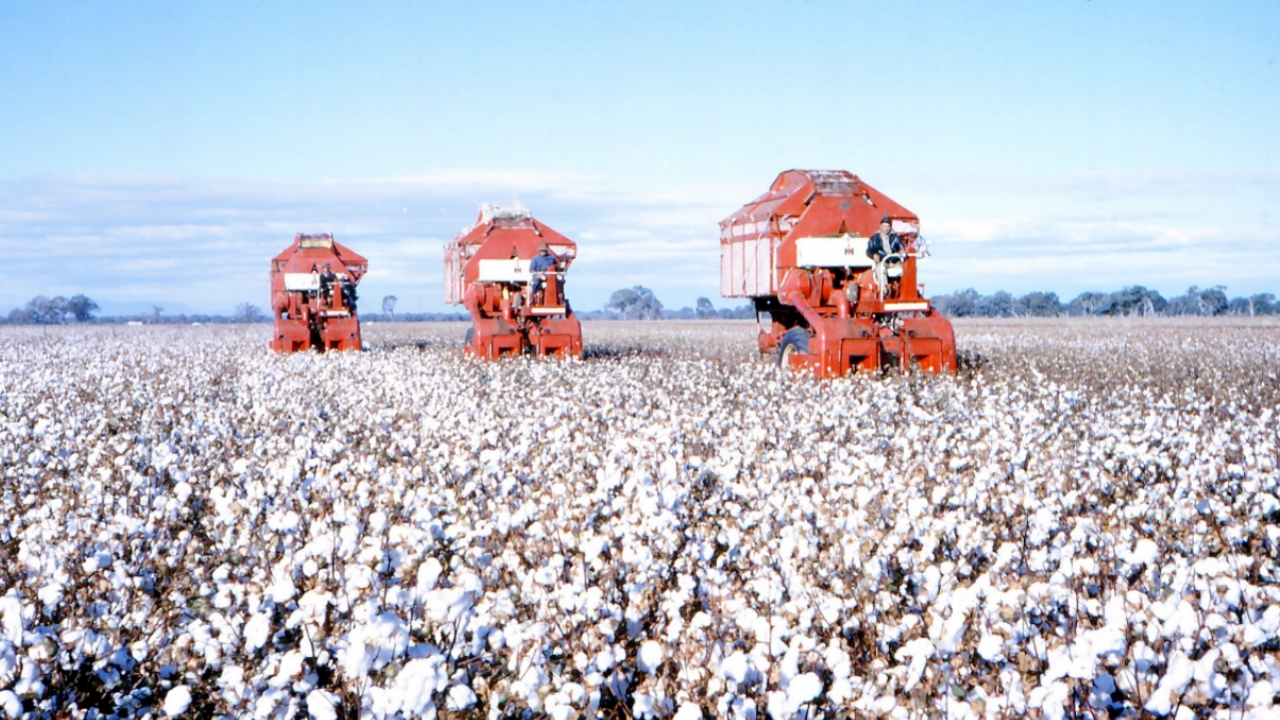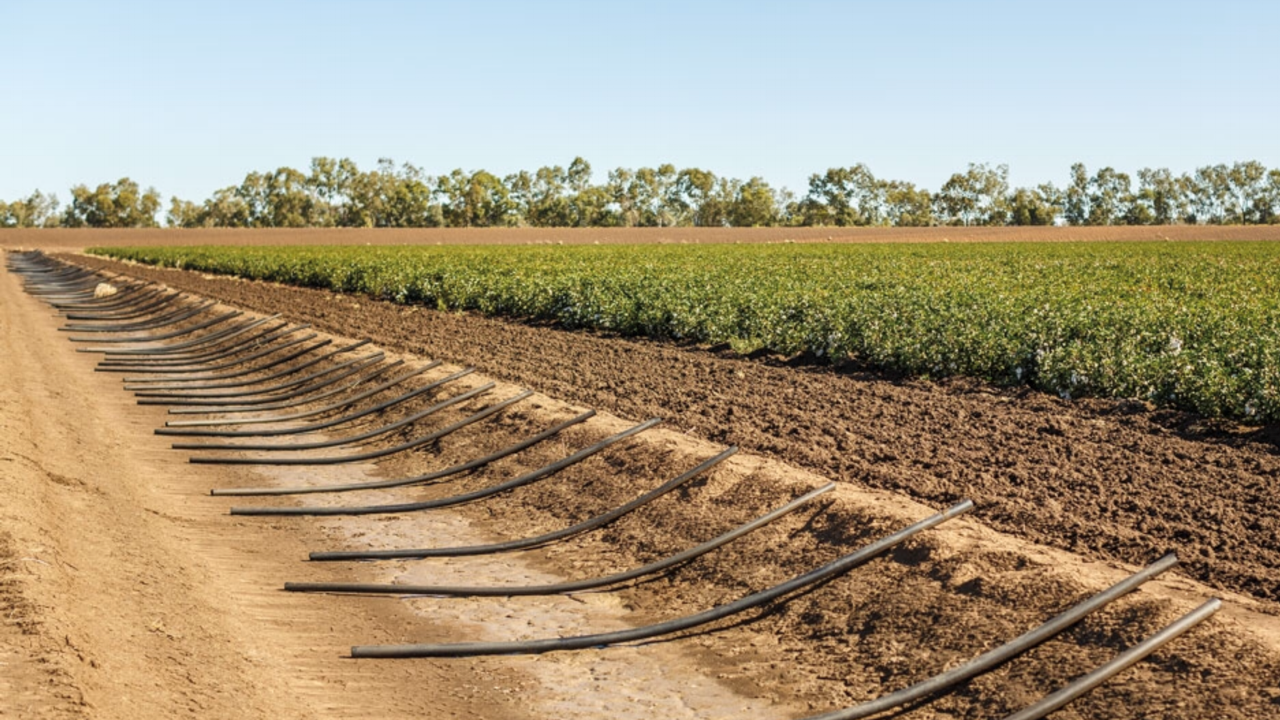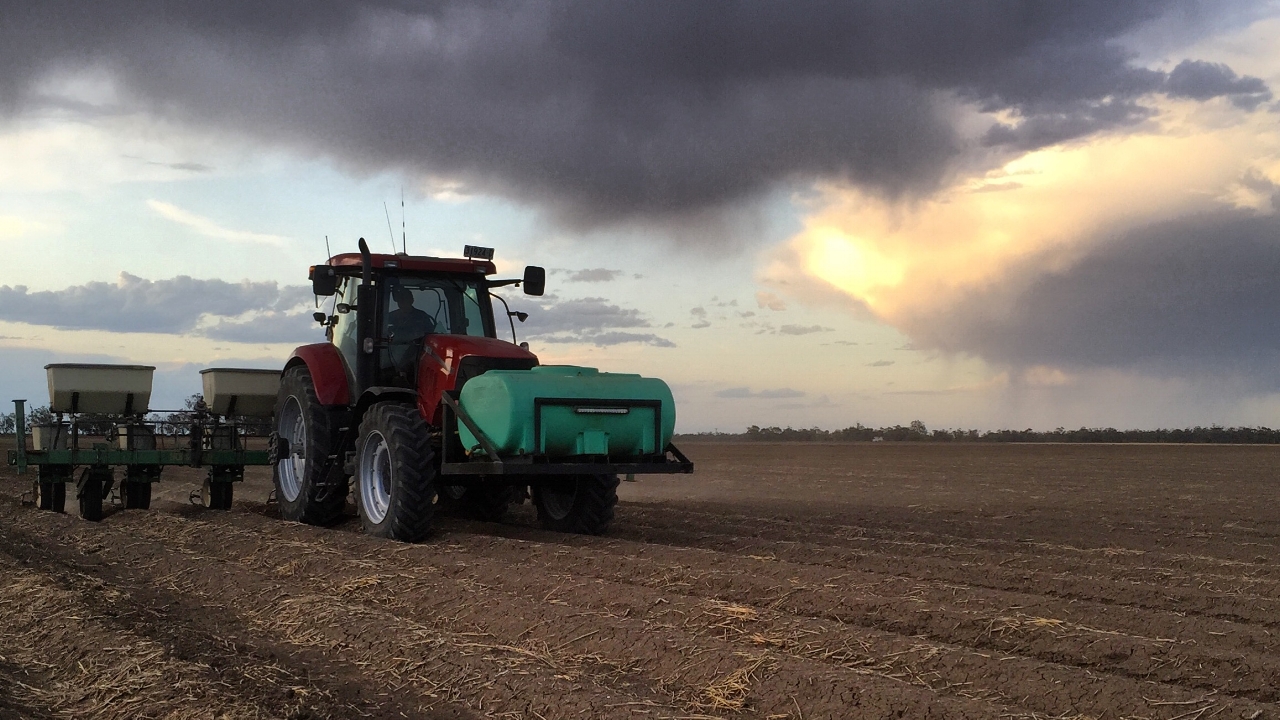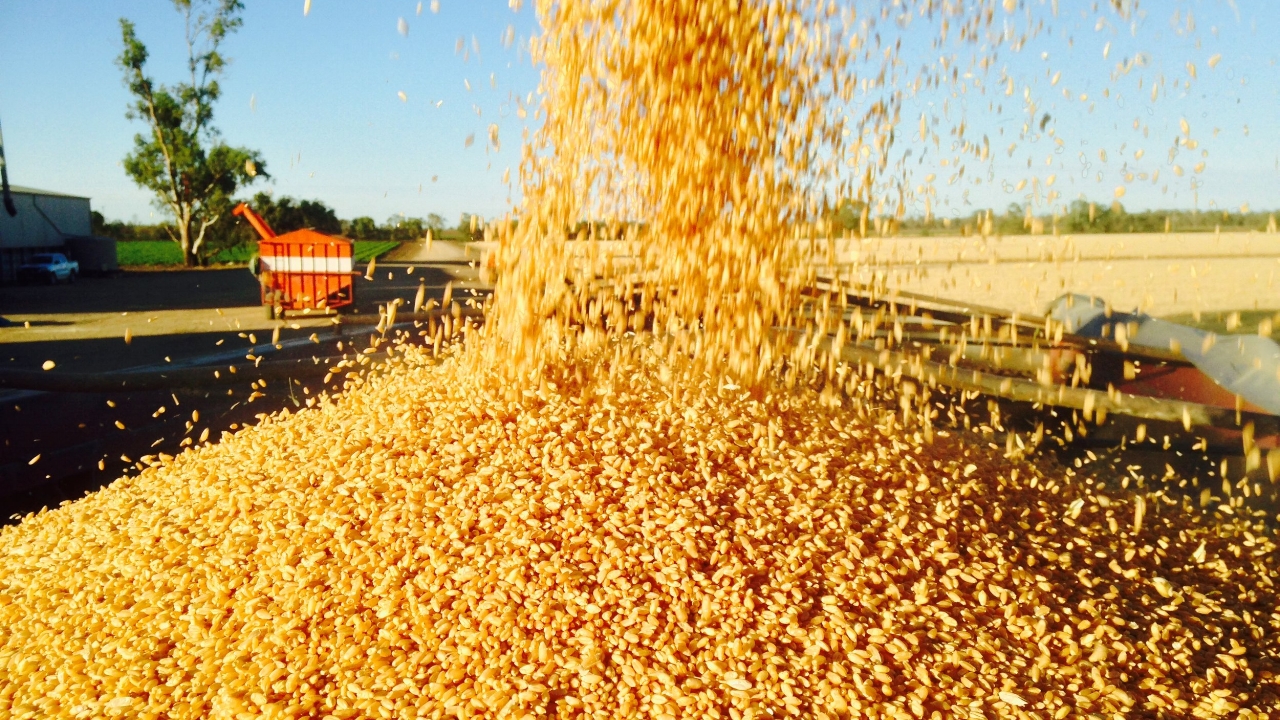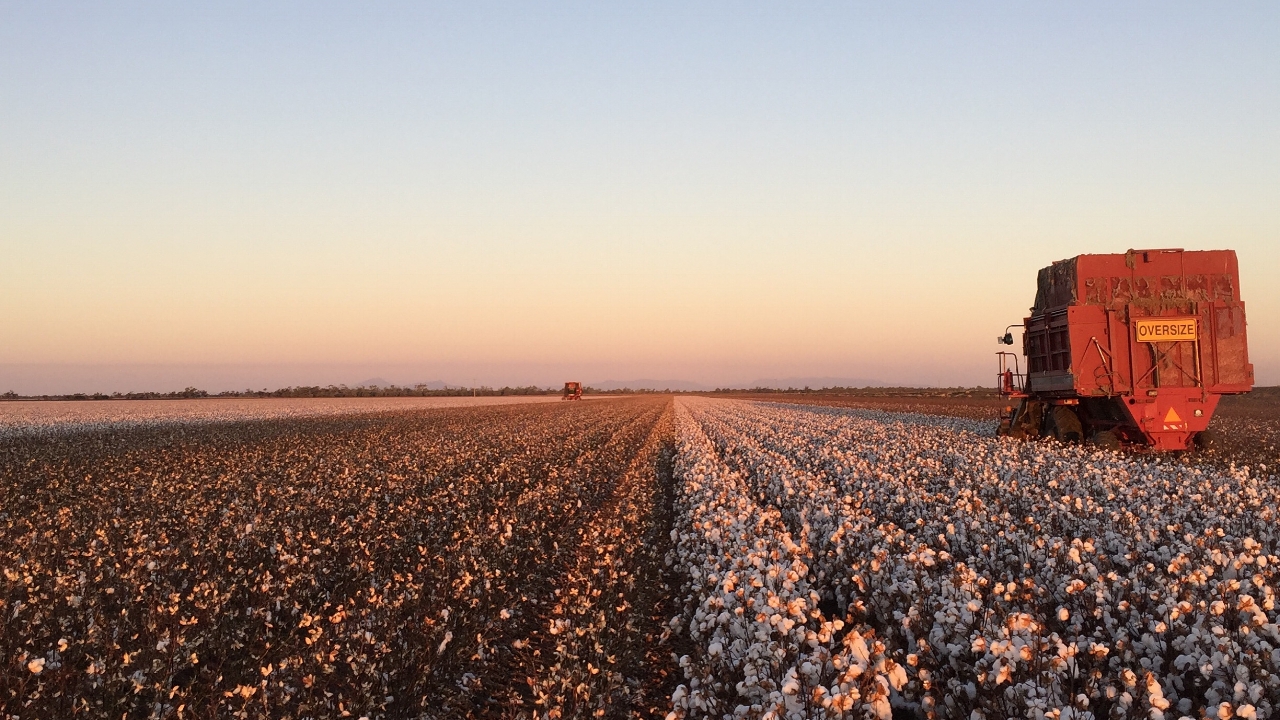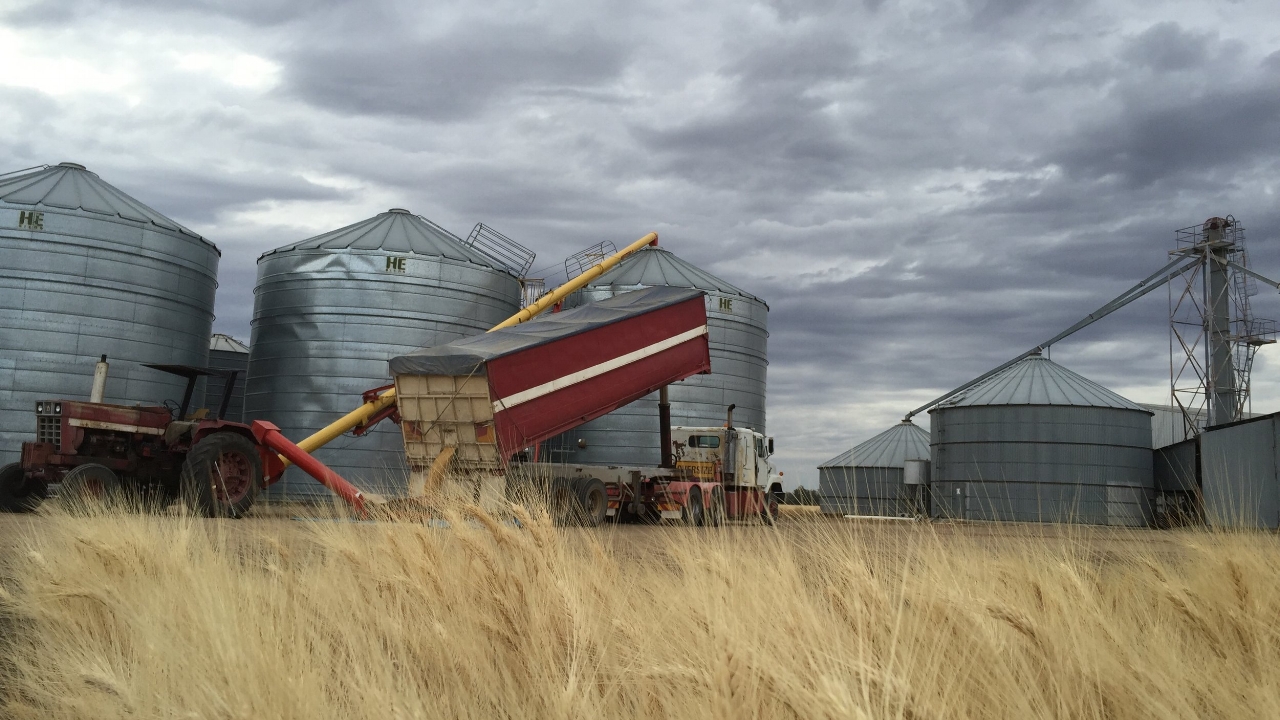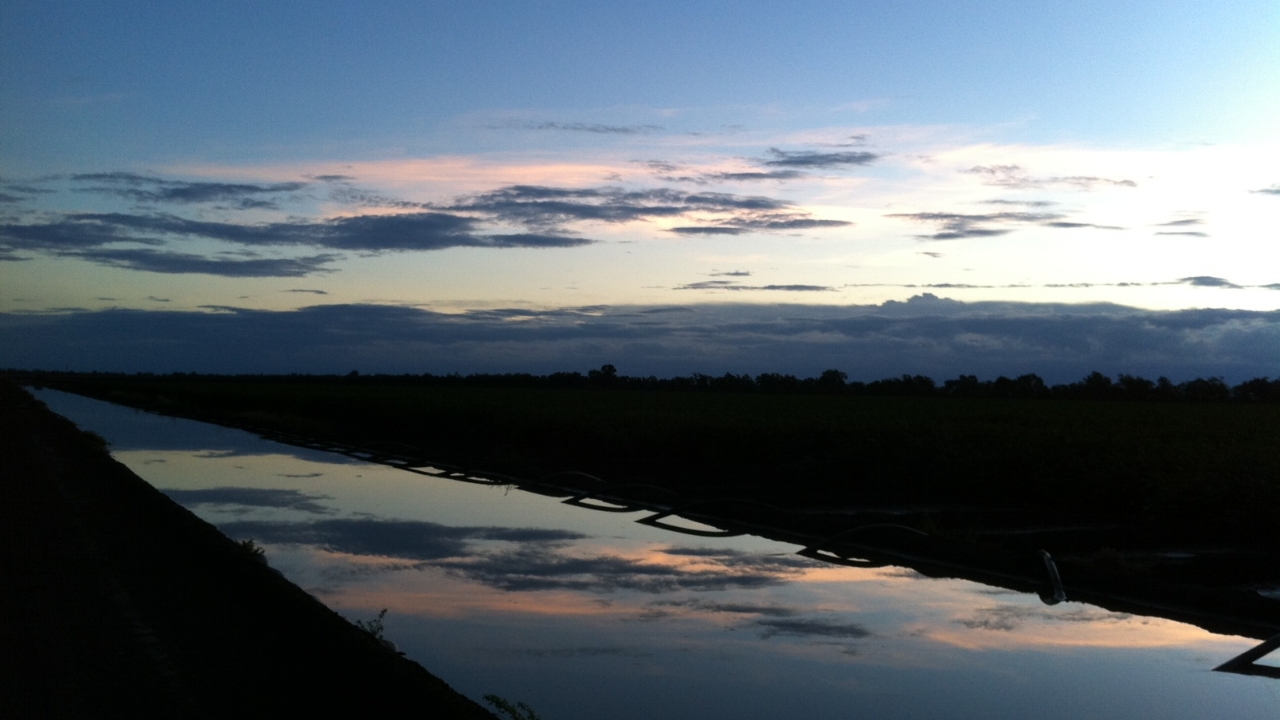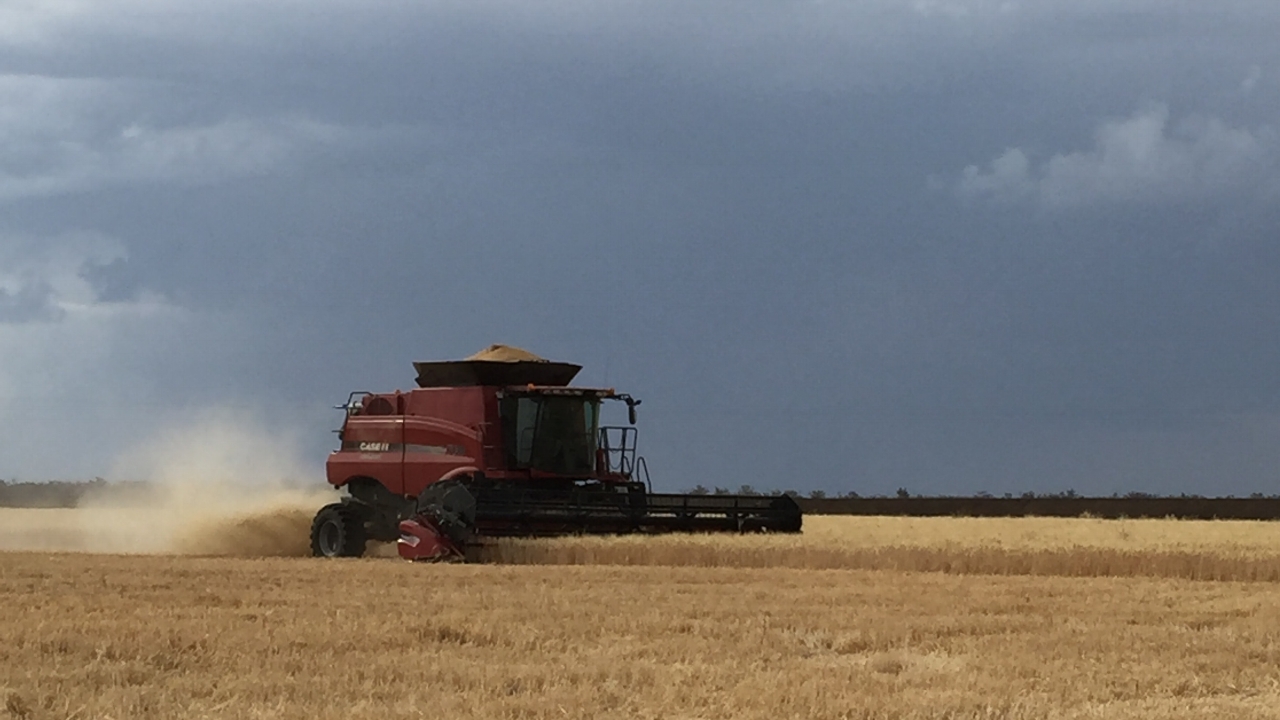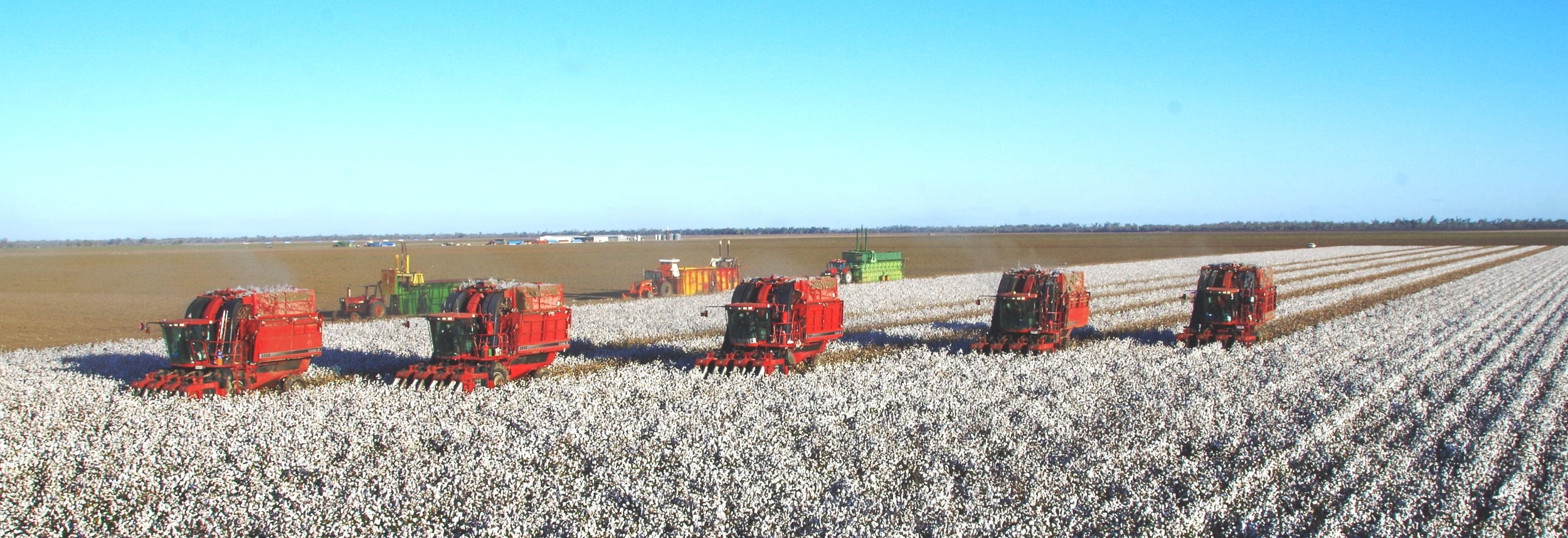In 1961 Paul Kahl and Frank Hadley, together with their families, packed up their homes in California's San Joaquin Valley and headed for Wee Waa in the Namoi Valley of northwest New South Wales, Australia. Their goal; to grow cotton at their newly purchased property, "Glencoe".
Our STORY
Having grown frustrated with the restrictive conditions under which they were permitted to farm in California at that time, Paul and Frank were both looking for an opportunity that might allow them to farm with greater freedom. At the Narrabri Research Station (now the Australian Cotton Research Institute) in Australia, plant breeder Nick Derera had just published a short paper suggesting that the Namoi Valley would be ideal for producing cotton. After their interest was raised by Derera’s paper, the two Californian's went to judge the prospects in Australia for themselves and after two trips, their minds were made up.
The first cotton crop was planted at "Glencoe" in the spring of 1961 and harvested the following year. The Kahl family have continued to farm there ever since. Today, three generations of the family have been involved in the running of the farming operation and the business has expanded to include 7,500 ha across 8 properties, all in the Wee Waa District. While cotton remains the primary crop, Merced Farming also produces wheat and durum, mung beans and corn as well as producing Angus beef cattle and sheep.
“The crop was setting bolls nicely in January and February 1962... by mid-March we knew we had it.”
A BRief snapshot
The first cotton crop ever planted at "Glencoe" is sown in the spring of 1961.
A field day in April 1962 displaying the first harvest at "Glencoe" attracts 1200 people.
The first crop yielded 1.5 bales to the acre, or 3.7 bales per hectare, which was an impressive result at the time. Today yields exceed 3-4 times that result.
In 1971, having successfully established themselves in Australia, the Kahl and Hadley partnership is split amicably and both families continue to farm on their own.
In 1976, management of the farm is passed on from Paul to his sons, James and Robert.
Expansion in 2014 sees the farming operation double in size through the addition of adjoining property and a third generation of the family joins management of the farm.
In 2017, a record acreage of cotton for Merced Farming is planted; from 26 ha in 1961 to 1,718 ha in 2017.
In 2021, Merced Farming celebrates 60 years of farming in Australia. Through integrated pest management, the 2021 crop is grown with ZERO insecticides.
FARMING With our environment
At Merced Farming we’re conscious of the duty we have to look after the land and environment in which we farm. For the land to look after us and those that follow us, we must look after it. This means endeavouring to improve the health and carbon levels of the soil on which we farm, being increasingly efficient in our water use, minimising pesticide use through integrated pest management and crop rotations and ensuring our practises are as beneficial as possible environmentally, especially for the areas of native vegetation on our properties. It is important to us that we undertake our farming practises with a view to achieving sustainable success and so we are involved in a number of programs and initiatives that align with these goals, including;
Maintaining Level 2 Accreditation in Cotton Australia's Best Management Practise program, myBMP.
Through myBMP, being accredited by the Better Cotton Initiative as being a sustainable commodity for its producers, consumers and the environment.
Undertaking GHG Emissions reporting annually of our operations, conducted by independent consultants and verified by a certified third party.
Participating in “The Biodiversity Project”, an initiative between Country Road, Landcare Australia and the Australia Cotton industry.
FARM TOURS AND VISITORS
We welcome anyone with an interest in learning more about farming and where your food and fibre comes from to get in touch. Each year we welcome a number of school, university and industry groups onto our farms and enjoy sharing what we do with them. If you would like to, head to our Contact Us page and submit an enquiry to arrange a visit. In order to maintain biosecurity and safety on our farms, visits must be by appointment only.


